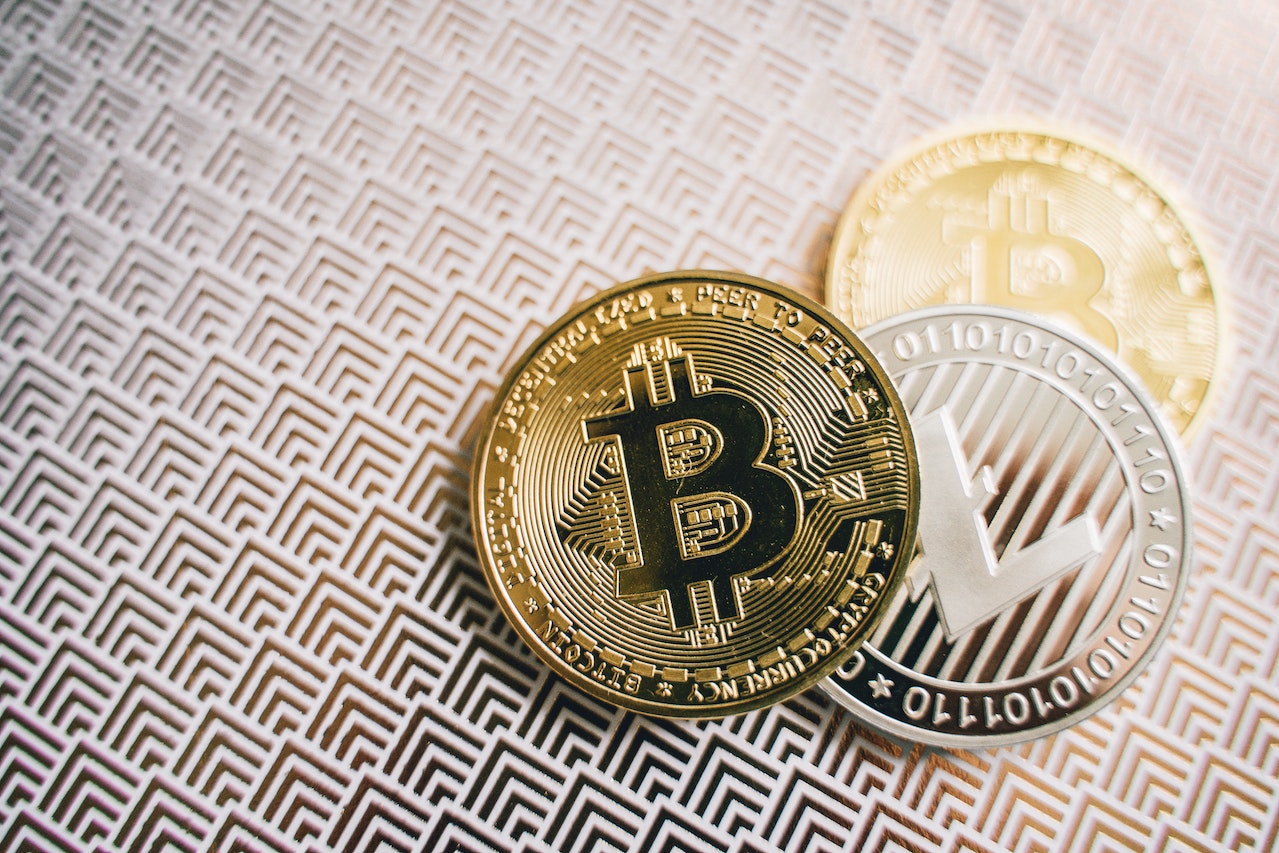Can Cryptocurrency Affect Inflation?
Several different factors can affect inflation. Many factors are tied to the inherent costs and value that underpin several different assets.
Author:James PierceReviewer:Camilo WoodDec 21, 202216 Shares779 Views

Several different factors can affect inflation. Many factors are tied to the inherent costs and value that underpin several different assets. There are also a few factors that are completely out of the control of the market that can drive inflation higher. Today, we will see how cryptocurrency affects inflation and whether it is tied to inflation or moves with bigger market news. We will examine what causes inflationand whether cryptocurrencies have their part to play.
What is cryptocurrency?
Digital assets have risen to prominence over the last decade. However, for many of us, cryptocurrency is something you catch wind of on the news, or is something your colleague at work is too over-invested in, but what does it mean?
Well, it’s a lot more straightforward than you’d think. “Crypto” is a shortened version of the word “cryptography”. Cryptography allows Bitcoin and other cryptocurrencies to maintain security, ensuring that the blockchain verifies and authorizes transactions efficiently. “Currency” is a simpler term, defined as something that is in circulation as a medium of exchange.
A blockchain is a decentralized, public ledger that logs transactions on a network. Nobody can alter this record, as it is verified and stored across many different computers. All the transactions are viewable on the ledger, and any attempt to modify the block would be noticeable immediately on the blockchain.
The US dollar is a currency, as is the euro. Bitcoin acts as a currency but is a digital version. Satoshi Nakamoto invented the blockchain technology we referred to, in 2008. To this day, nobody knows whether this anonymous person was acting alone or in conjunction with others. The blockchain ensures that any cryptocurrency you buy or sell is directly from your wallet. This means that, unlike a normal bank account, there is no need for a third-party, centralized bank to get involved, hence the term “decentralized”. It is considered a revolutionary innovation in the financeworld.
What is inflation?
Inflation is the measurement of several different price differentials to calculate how much goods and services increase in price within a nation’s economy. Negative or stagnant inflation is considered detrimental to a country’s economy, as is anything over 4%. The ideal range for inflation is from 2 to 4% per year.
Inflation is measured by recording the cost of essential items such as electricity, gas, food, internet and phone access. However, some indices use different measurements.
Can cryptocurrency affect inflation
At present, there isn’t anything to suggest that cryptocurrency has a direct effect on inflation. It is an emerging market, creating an exciting new asset class for people to invest in, but it is still dwarfed in size compared to the forex exchangeand stock markets. If anything, some analysts have pointed to the fact that Bitcoin is a deflationary asset with a limited supply, to highlight that it could be used as an effective hedge against inflation.
At the moment, many Western economies are struggling with inflation rates that are in double-digit percentages, which has caused many governments to act in a bid to drive inflation down. One way this is attempted is by raising interest rates to discourage people from borrowing money, and make their savings more attractive.
The volatility in the cryptocurrency market has acted as a negative for investors, especially those who have lost money. However, it has worked positively for some investors who have viewed it as a good opportunity to enter the market. This is why it is important to trade with money you can afford to lose and not invest in markets that you do not fully understand.
Conclusion
Currently, the digital currency market is just too small to have a serious effect on inflation. Although it was a multitrillion-dollar asset class at its peak, it is not intertwined in the same way with the economy as the stock market is, for example. The stock market involves the publicly traded shares of many of the world’s biggest companies. Therefore, if there is a serious crash in the stock market, job losses, market uncertainty and overall consumer fear in the market will hit many people.
Suppose more people begin to see digital assets as a more beneficial way to invest over traditional methods such as stocks, shares and savings accounts. In that case, cryptocurrency could act as an effective mitigation tool against runaway inflation.
However, this isn’t the case at the moment, given such negative market sentiment. It will be unlikely to be that way, at least for the next few years, while Western economies weather the post-Covid storm and other external issues, such as the war in Ukraine that is elevating the price of commodities.

James Pierce
Author

Camilo Wood
Reviewer
Latest Articles
Popular Articles